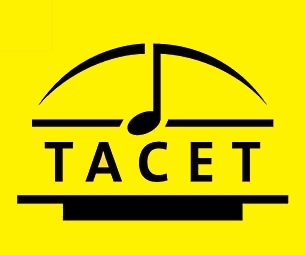Such experience is evident throughout this release. The uncomplicated nature of Tchaikovsky’s first quartet is winningly negotiated—easeful and unpretentious. The Andante cantabile has a life of its own—it is most movingly done here, given with the most eloquent curves.
Like its predecessor, the Third Quartet is on a larger scale and equally not often heard. It’s a serious and extensive work, the lineage to classical models unmistakable, which perhaps aspires to depth more than actually achieving it. This performance can’t be faulted: The Bartók gives a beautifully considered account where expression and instrumental balance are uppermost considerations. It’s a CD to keep by one’s side in order to try and find more in the music—especially as Tchaikovsky is a great favorite.
Turn to the Borodin Quartet on Chandos CHAN 9871, two CDs of undated material, for Tchaikovsky’s three quartets, "Souvenir de Florence," and a movement in B♭. These are marvelous renditions, too. I don’t find any more in the third quartet from this illustrious group—except something more Russian in attack, more volatility, with darker earth expression. That may be enough to swing the balance to the Russians. I do like the Bartók’s simple trust in the music, though.
I’ll keep reading the booklet note. I think collectors of oddball annotation will find it worthy of attention. The English runs to four-and-a-half pages. I didn’t read one reference to Tchaikovsky let alone the quartets themselves. For the music and the Bartók’s championing of it, Volume 2 is much looked forward to.
Colin Anderson
<< back
